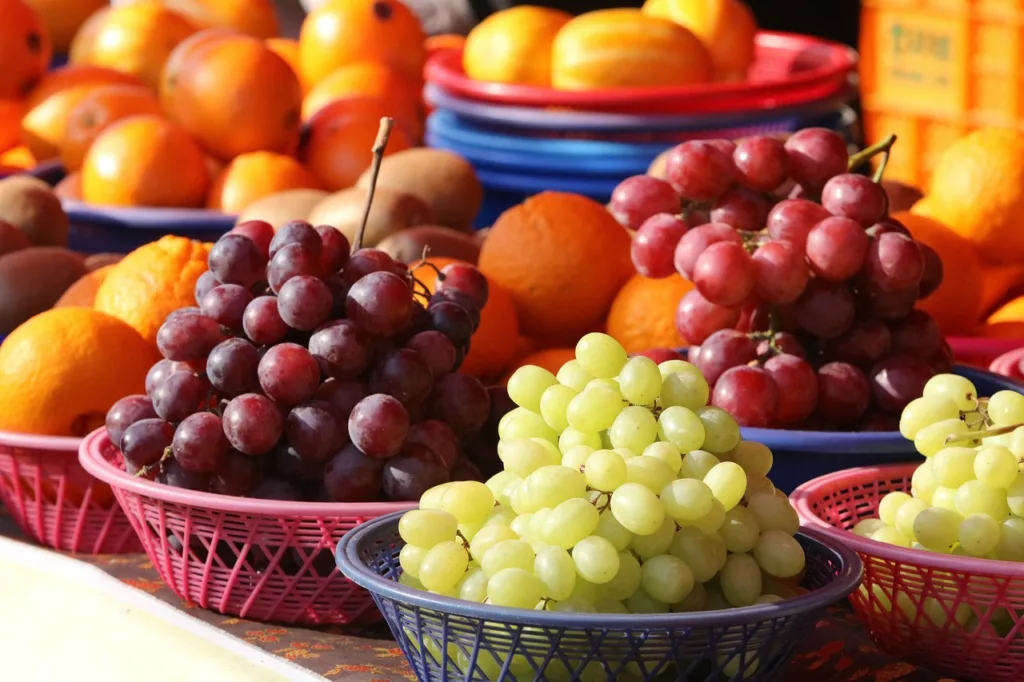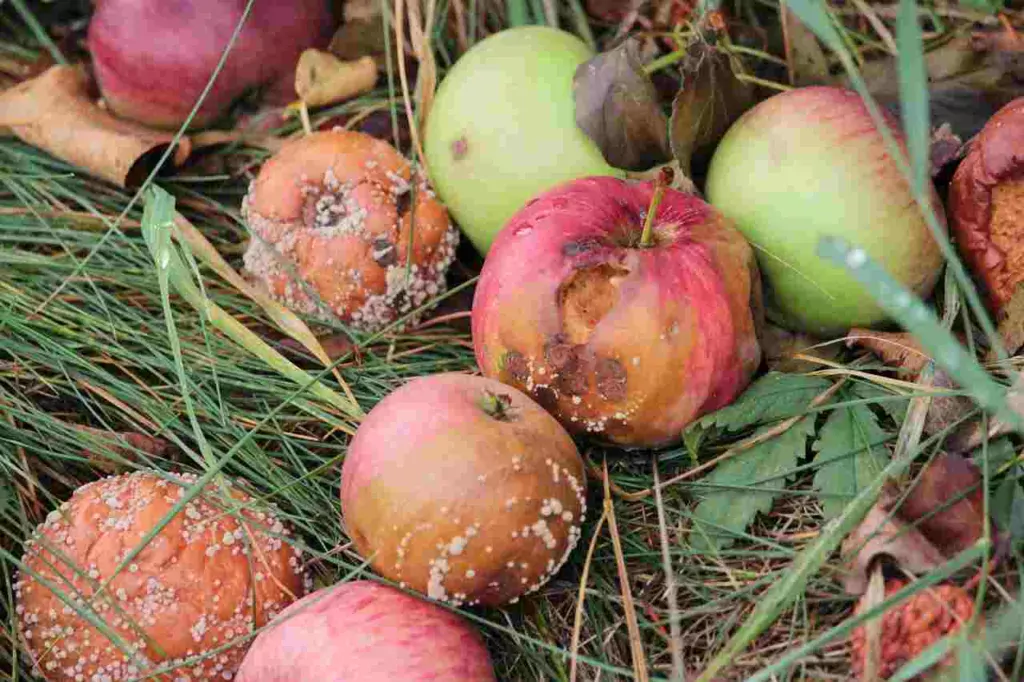HOMILY OF 27TH SUNDAY IN ORDINARY TIME, YEAR A
1st Reading: Isaiah 5:1–7; 2nd Reading: Philippians 4:6–9; Gospel: Matthew 21:33–43
Introduction
Every human being is unique and has been called for a purpose. That is, to be creative, fruitful, and productive in order to fulfill God’s divine plans. Each person is imbued with multifaceted talents that must be nurtured and multiplied. These talents have been freely given the privilege and responsibility of actualizing this divine mission. Part of that mission is to contribute our quota to salvaging humanity’s problems. In other words, to bear good fruit and be able to solve concrete existential problems that confront people around us.
The Divine Call to Fruitfulness

Out of His abundant love and benevolence, God adopted and chose us as His own people. He wants us to reciprocate by being productive (good fruits, virtues) (Galatians 5:22–23). Just as Jesus Christ told His disciples, “You did not choose me; but I chose you and sent you to bear much fruit, fruit that will last.” (John 15:16). Unfortunately, sometimes we tend to be destructive (bad fruits-vices) (Galatians 5:19–21) by our deliberateness and obstinacy to sin.
The Choice Between Good and Bad Fruits

Sometimes we make the wrong choices and, thus, bear bad fruits. This is evident in both the first and the gospel readings of today regarding the vineyards’ inability to produce good fruits. Also, those stewards who did not produce anything or give an account of their stewardships. They are those who produce wild grapes of hatred, jealousy, wickedness, insincerity, anger, stealing, kidnapping, an unforgiving spirit, etc.
The Parable of the Wicked Tenants
Moreover, this parable of the Wicked Tenants has allegorical features that portray Christ’s rejection by the Jewish leaders, starting with the prophets of old who were eventually killed (Matthew 21:33–43). Sometimes, we practice religiosity so intensely, yet our attitude towards others is questionably bad. But today, Christ has become the cornerstone: terminus a quo and terminus ad quem of our existence (Acts 17:28). This is a lesson for us: to always treat everyone with love and respect, for the person may be our only saviour in the future.
The Impact of Our Talents

Hence, what we have (talents or gifts) is nothing except when it makes a difference in another person’s life. This person could be one from whom we cannot gain anything. If what we have (tangible or intangible) does not impact people positively, then it is a waste and we have failed (Matthew 5:13). In other words, if someone is hungry or in difficulty and our wealth does not salvage or help to transform that person positively, then we have failed. Remember the story of the rich man and Lazarus in the Bible (Luke 16:19–31).
Accountability and Humility
Meanwhile, whenever we are requested to give an account of our responsibilities by any competent authority, do we humbly respond or apologize for our inadequacies if we didn’t meet up? Or do we become angry and begin to make unnecessary arguments, or do we see the person as an enemy of progress, like the wicked tenants in the gospel? Are we among those who trivialize the Word of God or disregard God’s ministers?
Certainly, one of the ways to become creative, fruitful, and productive is by dissociating ourselves from people who have bad character (1 Corinthians 15:33). But begin to associate ourselves with good people with responsible and reputable character and have the fear of God (Proverbs 27:17). Just as when you bring a metallic object into contact with a magnet. After some time, the magnet would transfer its attractive properties to the metallic object, which in turn would begin to attract other metallic objects. So, our friends can influence us either positively or negatively.
St. Paul’s Guidance for Divine Mission

In the second reading, St. Paul gave us the modus operandi for actualizing this divine mission of God in our lives. To always commit all our plans to God in prayer (Proverbs 16:1–3). Fix our minds on things that are pure, lovely, gracious, excellent, and the like (Philippians 4:6–9). These would help irrigate our lives to continue to bear good fruits that will last, and in the end, we peacefully give an account of our stewardship.
Conclusion
In sum, we are called to be creative, fruitful, and productive. God will surely demand our fruitfulness because He has given us the grace (sacraments) to enable us to bear good fruits of love, forgiveness, justice, equity, fairness, and righteousness. Hence, he will definitely request accountability for our responsibilities. But when the time comes, will He be satisfied with us or disappointed in us?
Prayer:
May the Holy Spirit strengthen you so as to be creative, fruitful, and productive. To be able to touch people’s lives in a positive way. And finally, render a good account of your stewards to the glory of God, through Jesus Christ our Lord, Amen.
Peace of Christ be with you…
Rev. Fr. Ben Okala, C.S.Sp.




